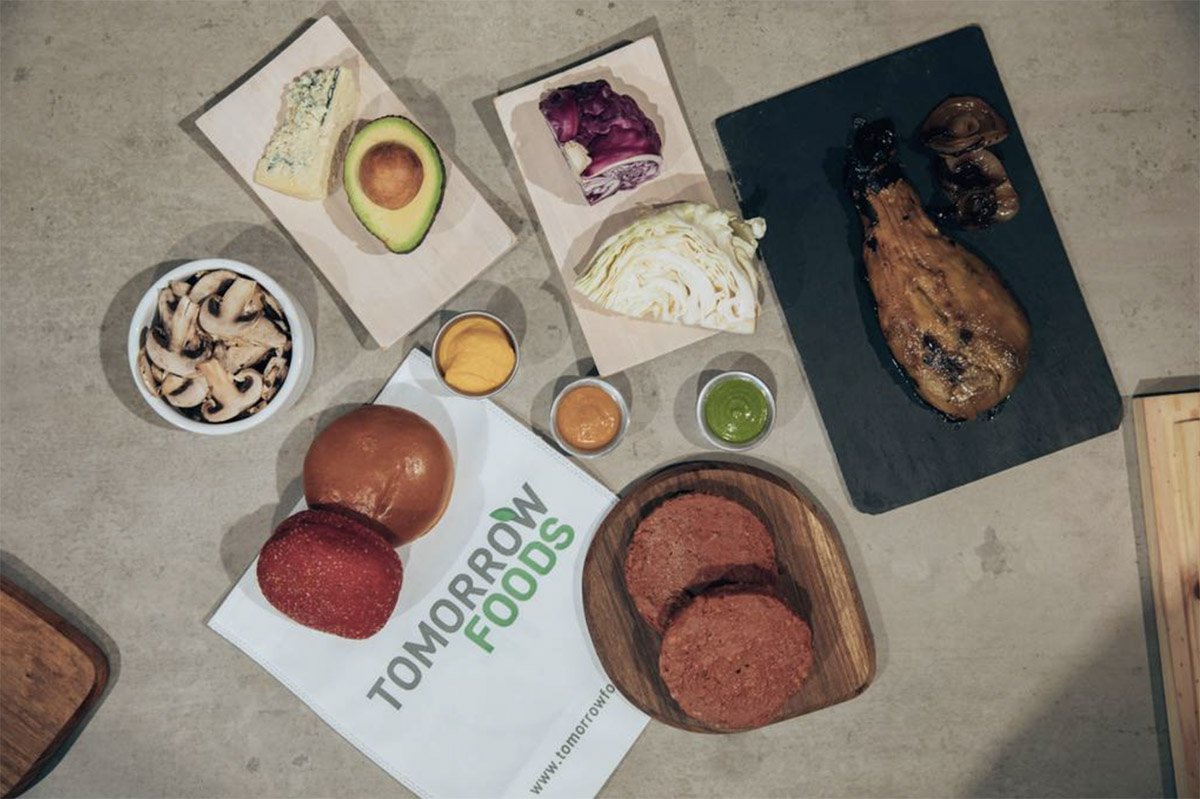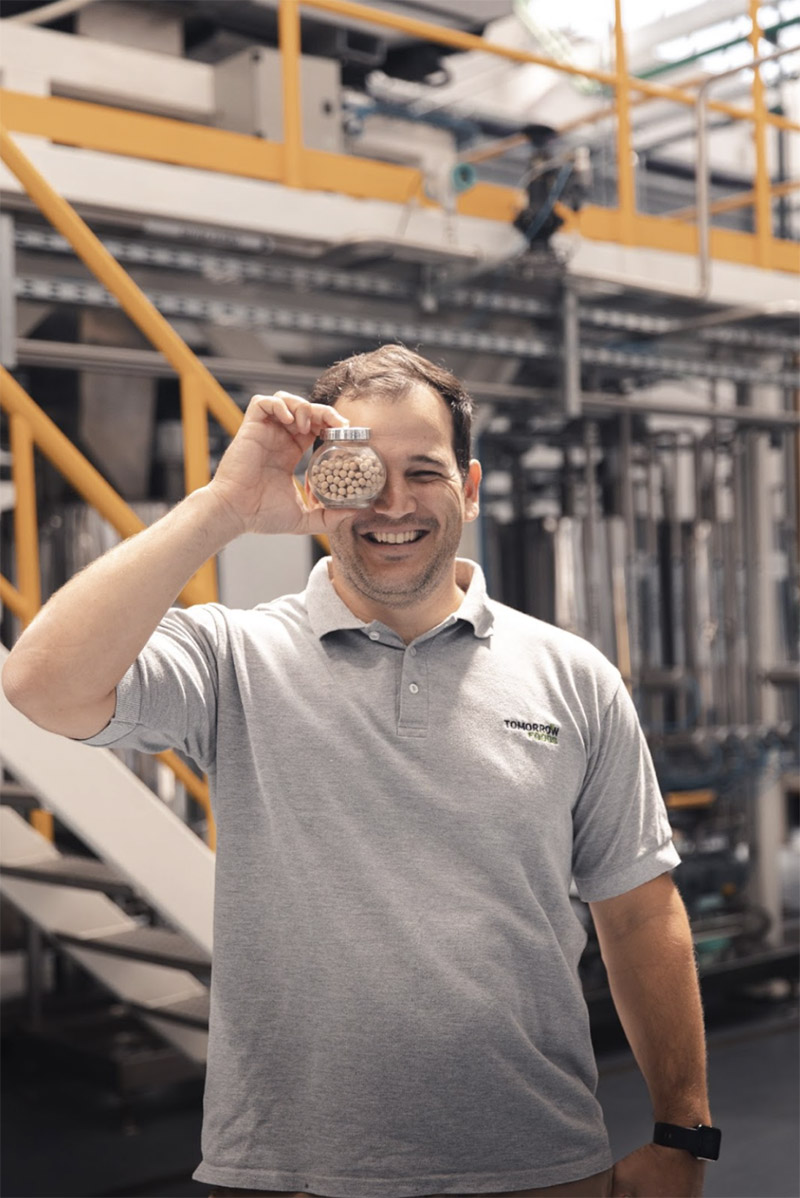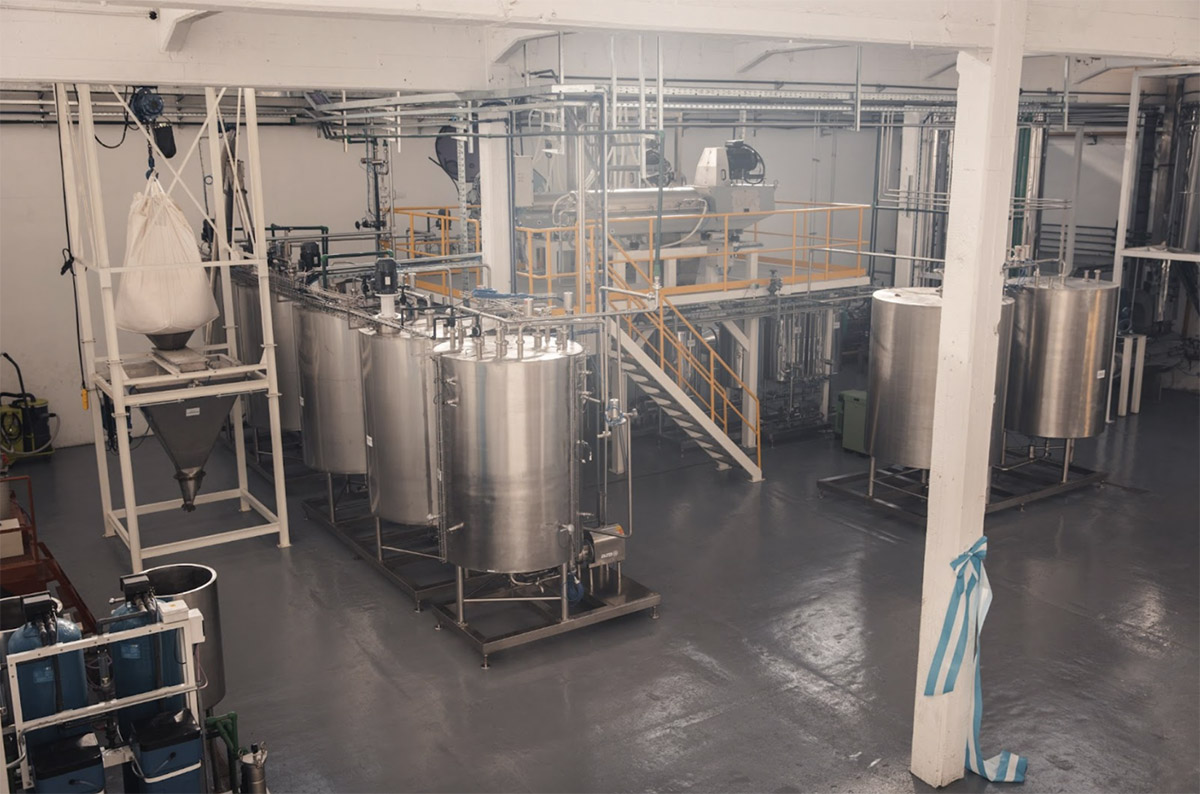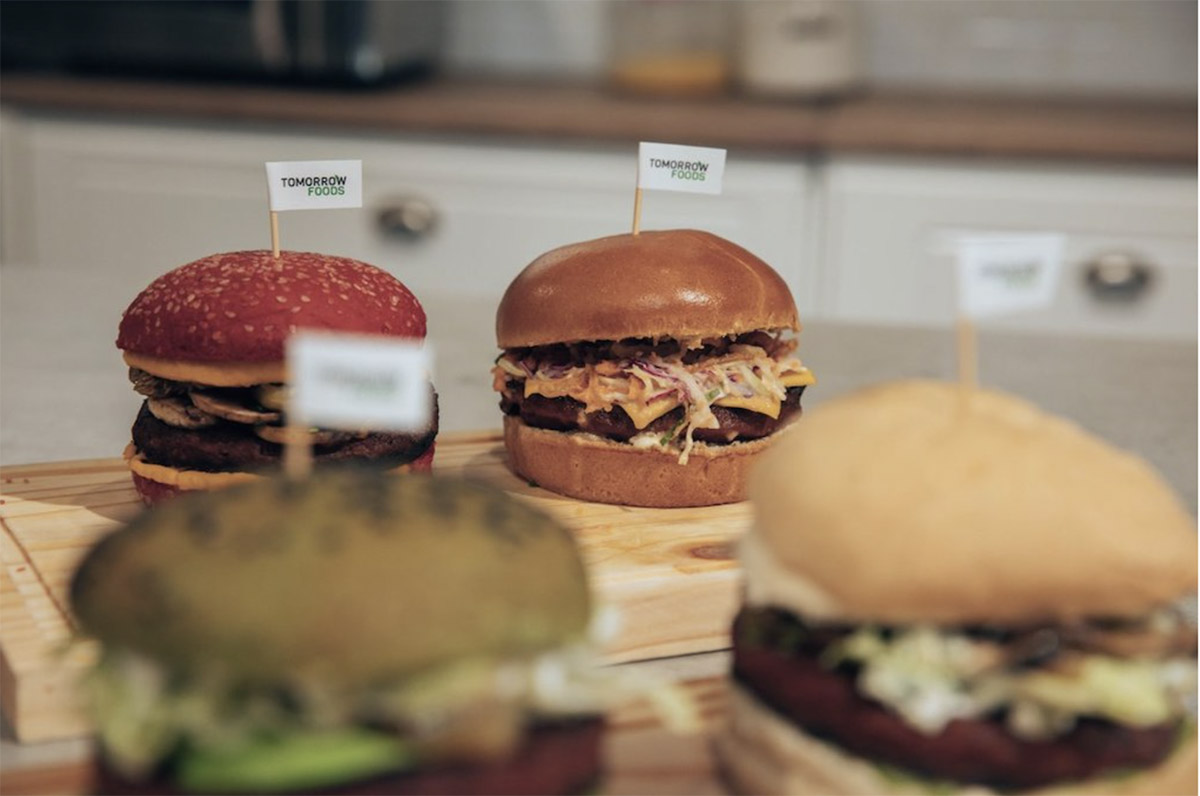October 12, 2022
The Argentinian startup is set on building a better future for farmers, consumers & the planet, replacing traditional animal products with locally-sourced, pulse-based alternatives.


Argentina has always been the land of the carnivores. Asked to picture Argentinian cuisine, you would be forgiven for seeing families and friends in full barbecue mode, thick filet steaks sizzling on the ‘parilla’.
The numbers tell their own story. Today, Argentina has the largest consumption of meat per capita in South America, and despite a 14% drop in production over the last year, the Argentinian meat industry is still a world leader, beaten only by Australia and the USA.
Beef is inextricably linked with the country’s history, culture and economy; this year the government even banned the export of the most popular cuts of beef to ease inflation. Yet Argentina is changing its eating habits; meat consumption is around 25% less than it was at the turn of the century.
Enter Tomorrow Foods, a Buenos Aires-based company making plant-based meat and dairy alternatives, founded in 2018 by Guillermo Lentini, Gonzalo Segovia, and father and son team Cesar and Agustin Belloso. Veterans of the agricultural industry, they are intent on modernizing it, shifting the landscape of food production and consumption for the benefit of farmers, consumers, and the environment.
“It begins by changing our model for agricultural exports,” says CEO, Agustin Belloso, “The current model exports our crops, only for them to return as value-added products from abroad. We asked ourselves: ‘Why can’t we develop our own technologies for creating our own value-added products?’”

The Tomorrow Foods team set about making this homegrown tech a reality, establishing a center for research and development into vegetable proteins - the first of its kind in the region. This helps link local pulse production with food production, so that the yellow peas, mung beans and chickpeas used in the laboratory’s creations come directly from producers within Argentina.
"It's a vertical integration model – farm to fork. Most plant-based products on the market import their protein but ours is sourced sustainably and locally,” Belloso continues, “From there we work all along the production chain - we grind the pulses, extract the protein, then design the final product.”

The company sees itself as a provider of plant-based alternatives for the food industry, serving as a research and development arm for other companies who don't have space in their budgets to do their own. Tomorrow Foods’ powdered protein can be formed into burger patties when mixed with water and oil. This dry format facilitates easy long haul transport and, while 80% of their business is currently national, the other 20% is already spread across Peru and Chile, with plans to expand into Brazil, which is a huge, thriving market for plant-based products.
The business takes its holistic view of the production chain very seriously. Belloso’s father was previously president of AAPRESID (Argentina Association of Direct Seeding Producers), an NGO that promotes the use of direct seeding, an extensive, sustainable, regenerative agricultural system aimed at protecting the integrity of the topsoil on arable farmland.
Working with producers who share these values is a fundamental part of their mission. All the producers they work with require a certificate of sustainable agriculture from AAPRESID, which covers environmental sustainability, as well as social and economic issues like fair contracts and payment of taxes.
They also collaborate with like-minded Argentinian startups such as Ucropit, and Kilimo, who provide crop monitoring and water usage figures, respectively. Both companies use blockchain technology to provide maximum data security, offering cutting edge, democratized agricultural tools to track farming inputs used in their pulse proteins.
“We don't just want to say that we have sustainable processes,” says Belloso, “we're going to verify it locally. We can ask how much water a particular yellow pea crop consumes 200km from Buenos Aires and check for ourselves.”
The care and planning put into Tomorrow Foods’ processes is persuasive, but what about the burgers themselves? How do they hope to win over Argentina's famously choosy meat eaters?

“Honestly, we see it as an opportunity,” beams Belloso, “It’s a chance to test our products against the most demanding consumers possible. Every time someone tries a burger and tells us, ‘Man, that’s really good!’ - it’s a little victory for us.
"In the end," he continues, "that's what we're looking for. There’s a growing market of flexitarians. We’re not saying people should abandon meat. In Argentina, everyone knows somebody who works in the meat industry, so we're not trying to cut off their source of income. All we want is a healthier, more diverse diet, because it's good for us and for the planet.”
This approach is likely to win the hearts and minds of potential flexitarians, taking into account that a transition to plant-based meat is not going to happen overnight, no matter how urgent the need for change might feel.
Tomorrow Foods’ outlook and business plan has certainly attracted the attention of investors, with the company raising $3 million in its most recent round of funding in 2021. This suggests that, among the many South American companies coming out of the plant-based boom, this is one to keep an eye on.
Disclaimer: The opinions or views expressed in this publication are those of the authors or quoted persons. They do not purport to reflect the opinions or views of the Global Pulse Confederation or its members.